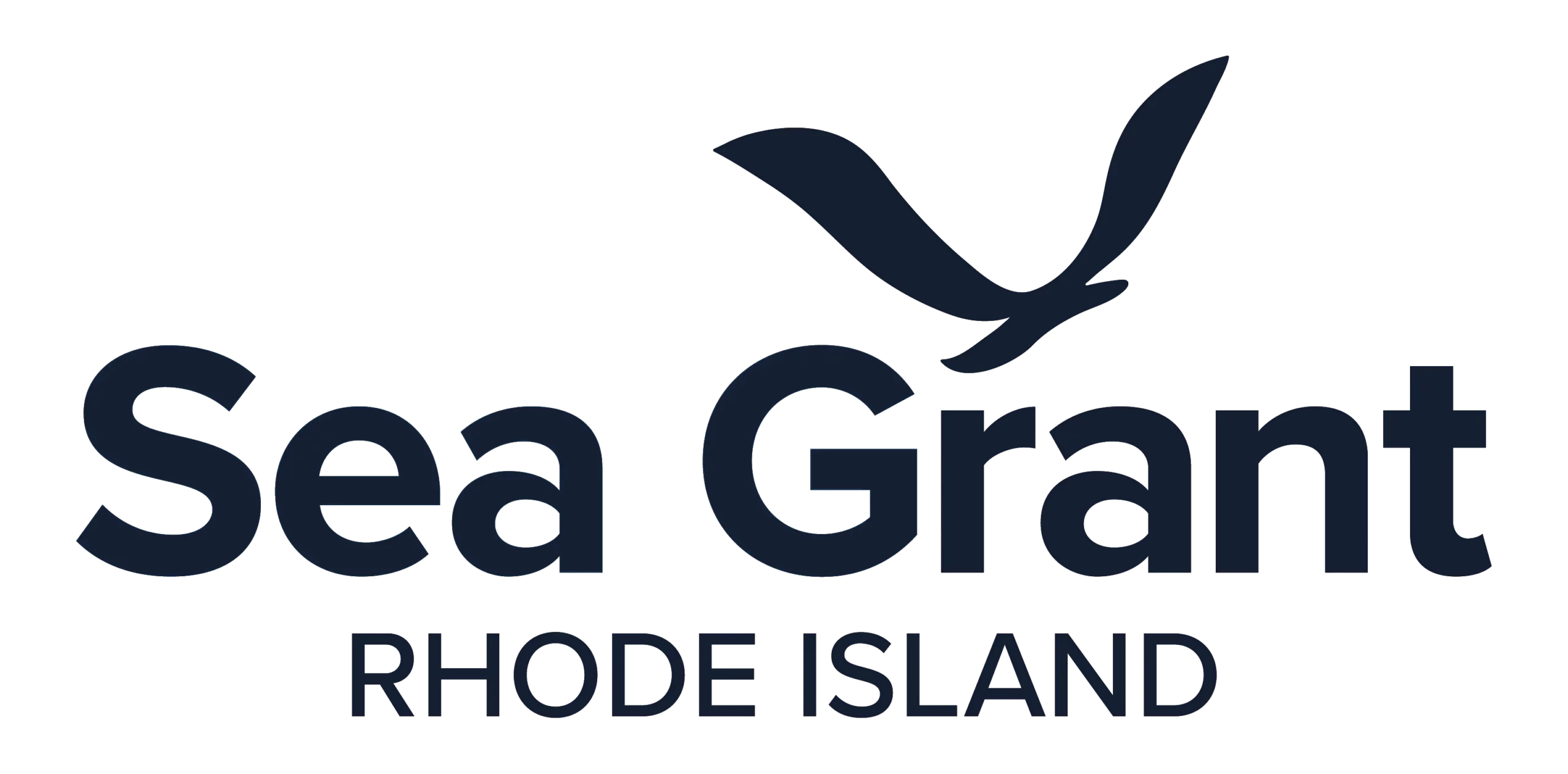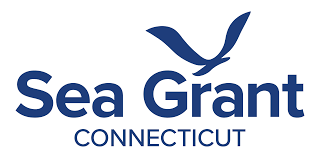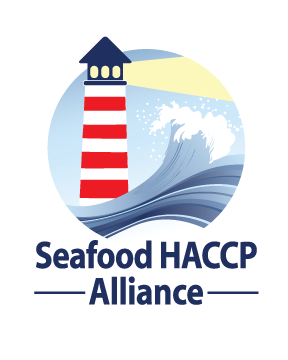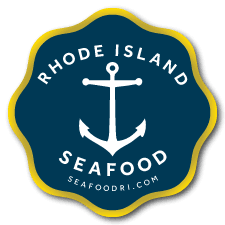To ensure high standards of quality and safety, Sea Grant’s Seafood HACCP Alliance (SHA) training program trains seafood processors how to apply Hazard Analysis and Critical Control Point (HACCP) principles—the foundation of seafood safety regulations in the U.S.
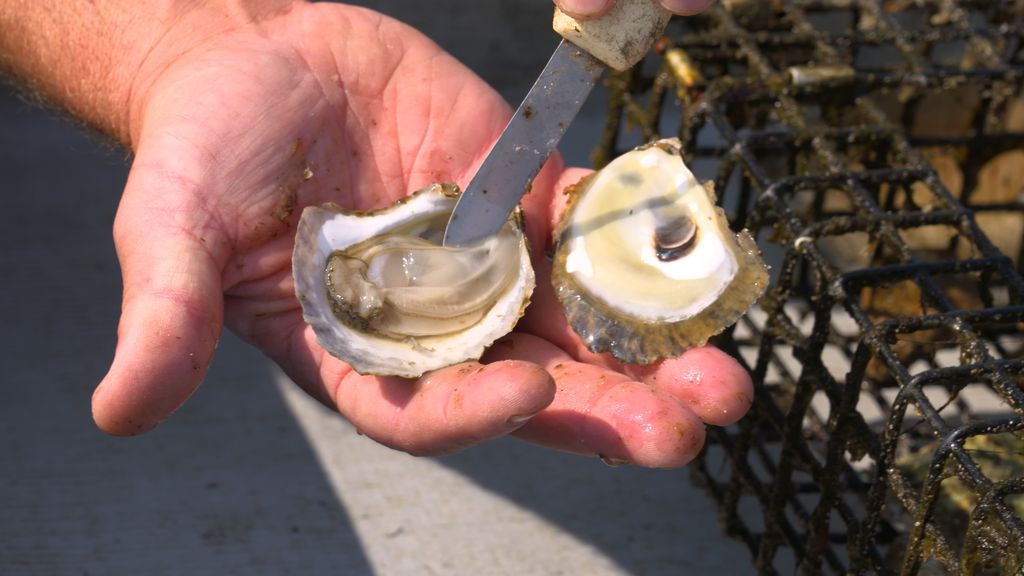
Since 1996, Rhode Island Sea Grant and the University of Rhode Island, in partnership with Connecticut Sea Grant, have delivered Seafood HACCP training through the National Seafood HACCP Alliance. This nationally recognized program ensures that seafood processors, dealers, and regulators are trained and certified to meet FDA standards.
Even during the pandemic, RISG adapted its training to a virtual format, ensuring the industry stayed compliant without interruption.
These trainings help processors stay current on safe handling practices, supporting jobs, and ensuring that Rhode Island seafood continues to meet the highest safety standards.
Consistently safe, high‐quality products help maintain the state’s reputation for excellence and keep local seafood competitive in the marketplace.
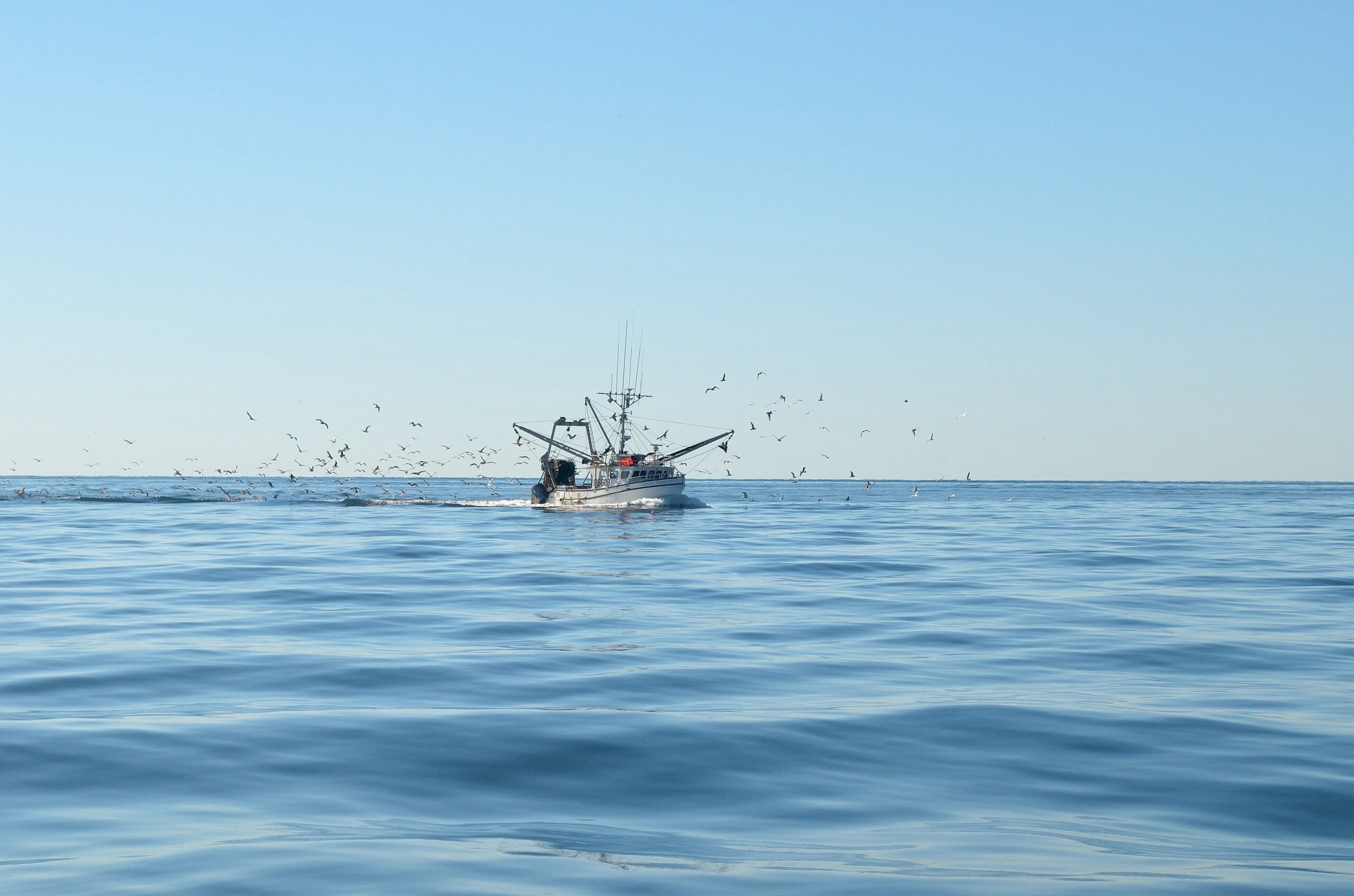
– Nicole Richard, RISG Seafood Safety Specialist
Sea Grant’s HACCP program has been safeguarding Rhode Island seafood for decades. In 2016 alone, the Connecticut and Rhode Island Sea Grant partnership trained 77 processors, regulators, educators, and aquaculture students—helping retain 40 businesses and 57 jobs, with an estimated economic impact of more than $1.97 million.
Since 2000, Rhode Island Sea Grant has trained more than 1,300 seafood professionals locally, contributing to over 2,100 certifications delivered nationwide in partnership with Connecticut and Florida Sea Grant programs and the National Seafood HACCP Alliance.
1,300
Seafood Professionals Trained Locally
2,100
Certifications Delivered Nationwide
The strength of Rhode Island’s HACCP program comes from strong collaboration: These partnerships ensure that Rhode Island’s seafood industry benefits from both local expertise and national best practices.
Longstanding partner in co‐delivering training and ensuring consistency with FDA guidelines.>>
Florida Sea Grant & National Seafood HACCP Alliance
Coordination to maintain national certification standards. >>
Promotes safe, high‐quality local seafood to consumers. >>
